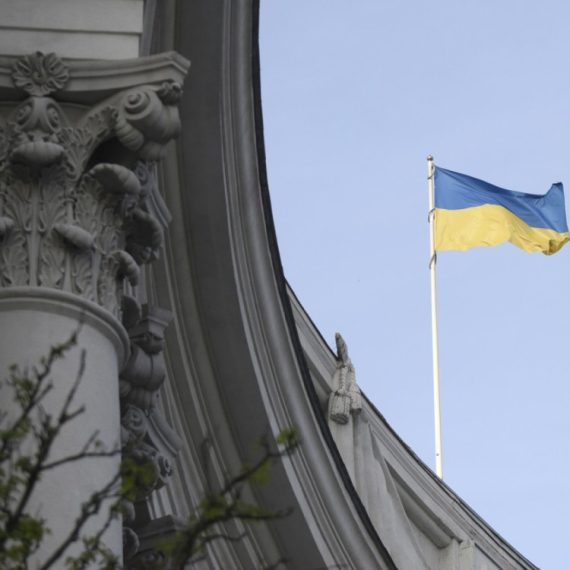The Australian Federal Court explained why Djokovic was rejected
The Australian Federal Court published the reasons for judgement in Novak Djokovic's appeal against the abolition of visa.
Thursday, 20.01.2022.
10:34

The Australian Federal Court explained why Djokovic was rejected
The reasons for the revocation of Djokovic's visa were announced by Chief Justice James Allsop, one of the three presiding judges at Novak's trial.We remind you that the Minister of Immigration, Alex Hawke, revoked Djokovic's visa, despite the victory in the Victoria court, and when Djokovic filed an appeal, the case was transferred to the Federal Court.
The whole case was also presented there, but the judges finally decided to support the decision of Alex Hawke, and Djokovic was deported from Australia after his visa was revoked.
The federal court then stated that Hawke made the decision to cancel Djokovic's visa due to the risk that if Novak stays, he will encourage an "anti-vaccination" sentiments and "anti-vax" protests in that country.
Now the documents and the reasons why the court decided in such a manner have been published:
"Parliament has made clear in s 116 that the Minister may cancel a visa if he or she is satisfied that presence of its holder in Australia may be a risk to the health or good order of the Australian community. The Minister reached that state of satisfaction on grounds that cannot be said to be irrational or illogical or not based on relevant material. Whether or not others would have formed that state of satisfaction and the state of satisfaction as to the public interest is a consideration not to the point. The relevant states of satisfaction were of matters which involved questions of fact, projections of the future and evaluations in the nature of opinion. As Gummow J. said in Eshetu 197 CLR at 654 [137]: “where the criterion of which the authority is required to be satisfied turns upon factual matters upon which reasonable minds could reasonably differ, it will be very difficult to show that no reasonable decision-maker could have arrived at the decision in question”, the Court states.
"Considerable debate took place as to how to approach the Minister’s statement of reasons in this case. We do not consider that the resolution of that debate is necessary to reach the views we have. The Minister was not obliged to give reasons, but he did so. They were evidently carefully drafted. The Court has no doubt that in respect of a matter of high public profile, care and consideration was given to the formulation of the reasons in the four days in which the Minister took to consider the matter and finalise and deliver the reasons. Nevertheless, some weight is to be given to the fact that there was no obligation to give the reasons. Further, the stricture that the reasons should not be parsed and analysed with a fine tooth comb with an eye to identification of error is always to be followed. There was a clear interrelationship among all parts of the Minister’s reasons. The themes of encouragement and emulation of a sporting hero and icon run through the reasons for satisfaction as to health and good order and the public interest", those were the most important items of the document containing the reasons for judgement of the honorable Chief Justice Allsop, Justices Besanko and O'Callaghan.
"That is the position in this case. Another person in the position of the Minister may have not cancelled Mr. Djokovic’s visa. The Minister did. The complaints made in the proceeding do not found a conclusion that the satisfaction of the relevant factors and the exercise of discretion were reached and made unlawfully. As the Court said at the conclusion of argument on Sunday, the Court was and is grateful to all counsel and solicitors for the comprehensive, erudite and clear submissions prepared under very tight time constraints, and for the economy and dispatch of the oral argument. Such contributed significantly to the ability of the Court to deal with the matter in a timely way", it has been concluded.






















































Komentari 2
Pogledaj komentare